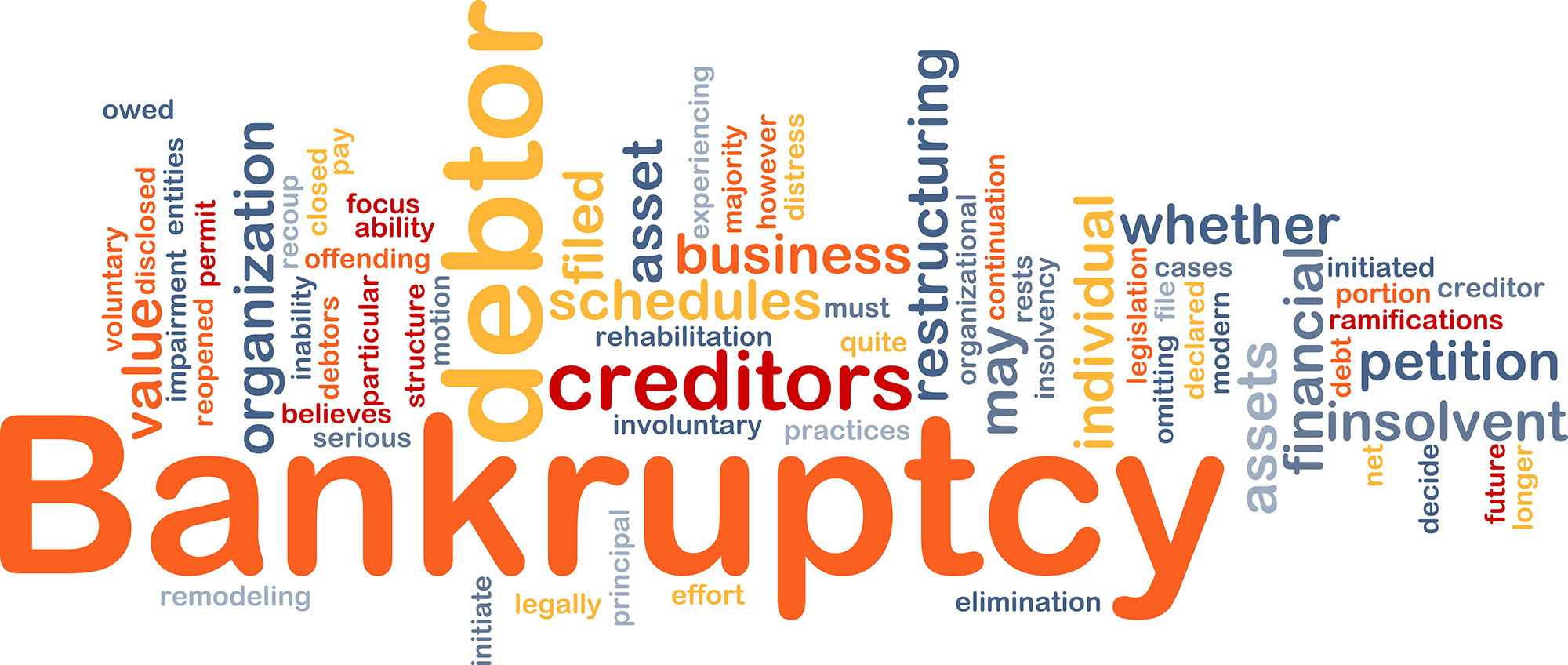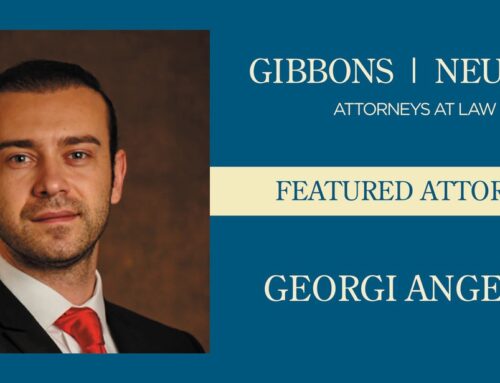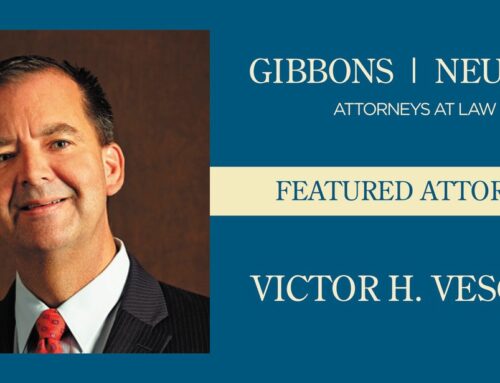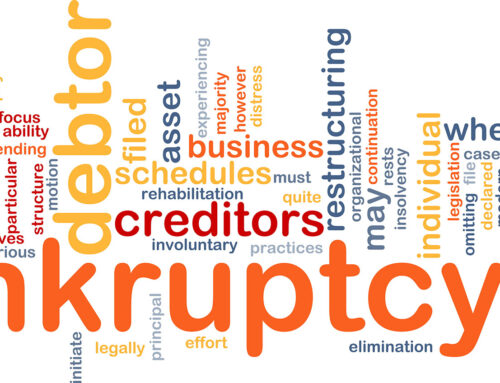The Bankruptcy Code provides an honest Debtor with a “fresh start” financially, and is not designed to assist a Debtor who engages in fraudulent transactions to the detriment of an unwary Creditor. The Court will not grant a “bankruptcy discharge” of debts in certain instances where there is fraudulent or dishonest conduct of the Debtor.
In the case of Husky International Electronics v. Ritz, 136 S. Ct. 1581 (2016), the United States Supreme Court recently ruled upon the issue of whether or not “actual fraud” requires a false representation.
In a 7-1 decision, the Supreme Court concluded that the common law term “actual fraud” encompasses fraudulent conveyance schemes, even when those schemes do not involve a false representation. The Court stated that historically, false representation has never been a requirement of “actual fraud,” and should not be treated as one now.
The Court’s broader view of “actual fraud” now permits creditors to seek to avoid the dischargeability of debts where the Debtor transfers assets to evade paying Creditors, even when there is no demonstrable false representation.
Gibbons | Neuman’s creditors’ rights attorneys are available for consultation regarding any debt dischargeability related issues.







Stay In Touch